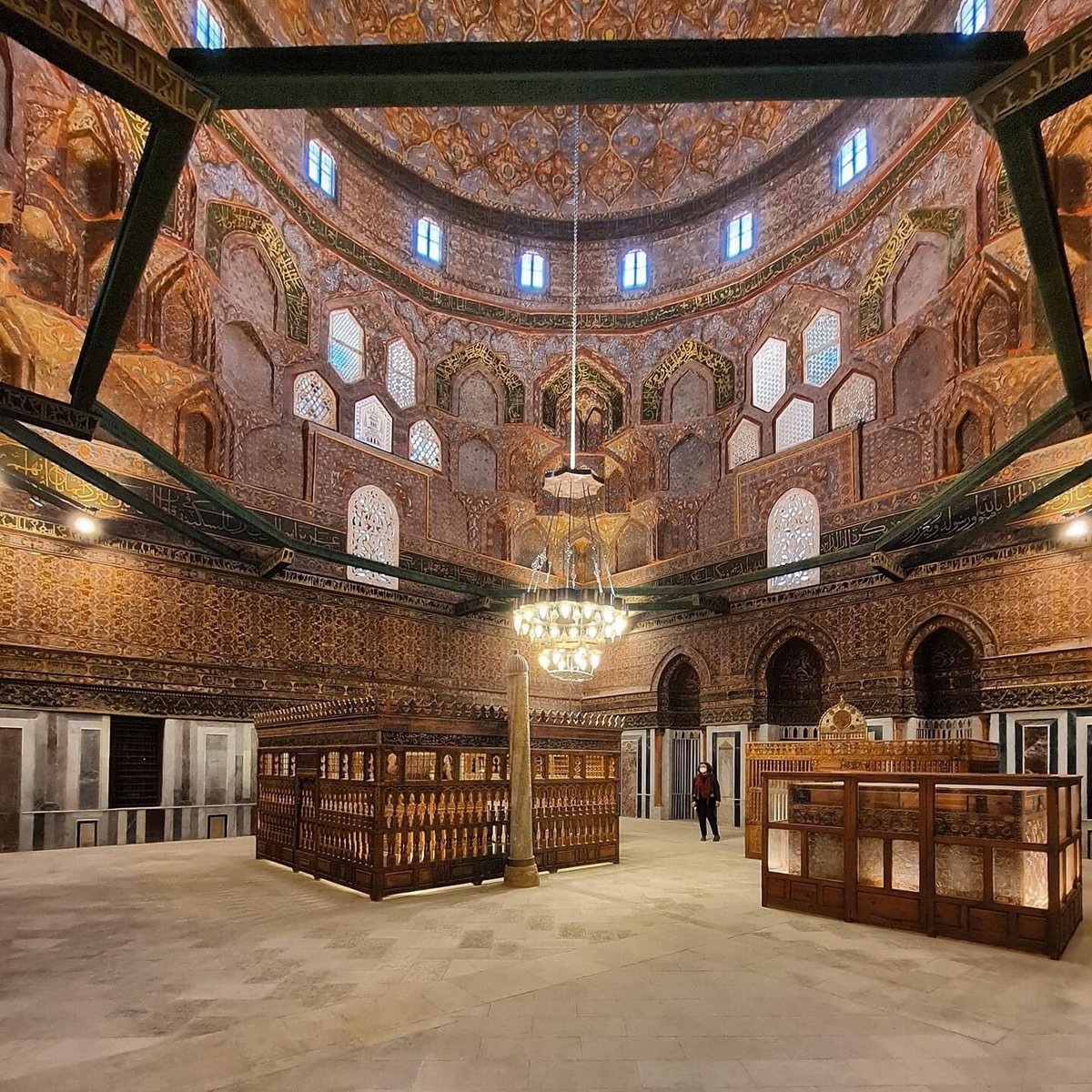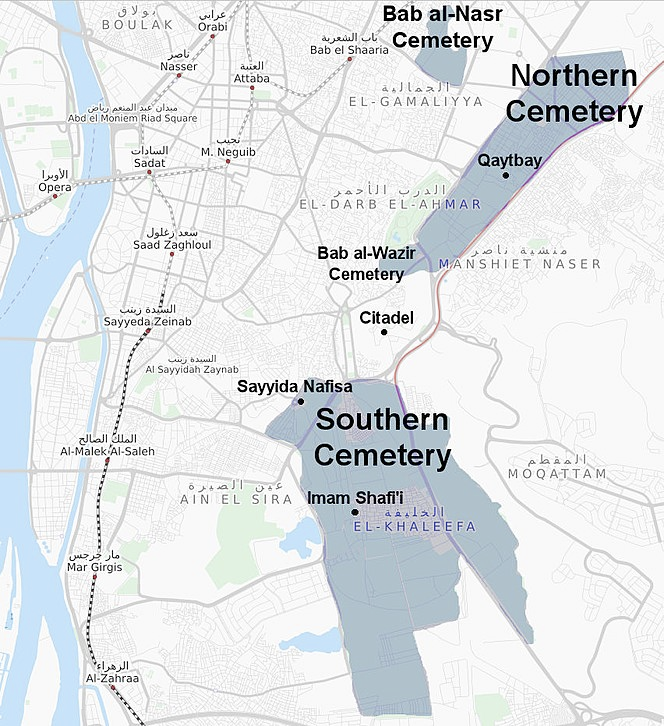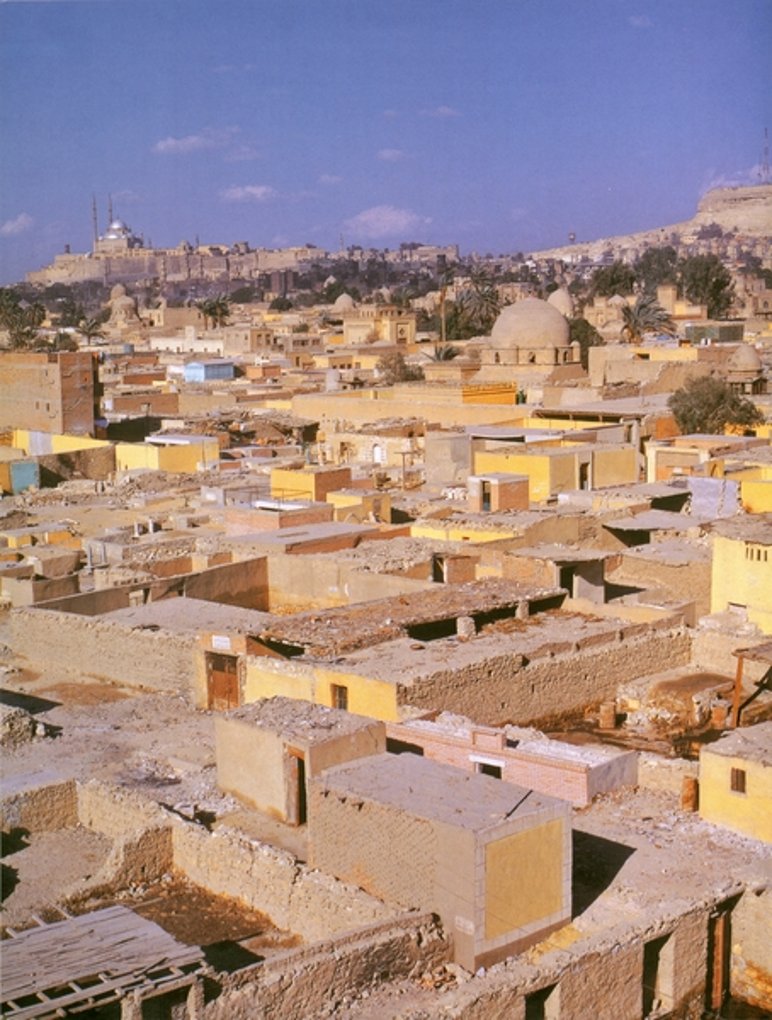
I have seen Timothée of Arabia caress the spice-laden sands while having messianic visions of a blue-eyed Zendaya in a desert perfume commercial and reader, on the whole, it was magnificent. A few thoughts on #DuneMovie 🧵
Herbert's story turns the Star Wars-style hero's journey and the white savior story on its head, subverting readers' expectations of a heroic superman by writing a mid-20th century critique of empire and imperialism, as @use_theforce_em has argued tor.com/2019/03/06/why…
Villeneuve seems to be following the overall narrative arc of Herbert's novel closely, as he sets up Paul's inevitable fall as a failed messianic/imperial leader. The film ends just at the point when Paul begins his journey into megalomania that will end in imperial autocracy.
@waraqamusa has some great observations on Facebook this morning about how the film references Lawrence of Arabia and Apocalypse Now, which offer two very different filmic critiques of empire. It's there in musical and visual refs: viz. Stilgar/Auda Abu Tayi Kurtz/Baron Harkonnen 



Lawrence is often read (in the western imagination) as the virtuous white savior who was thwarted only by the bureaucracy and politics of empire. But there's no way to read Paul that way. He fails because the project of eugenics, imperialism, and messianism *itself* is corrupt.
Villeneuve seems to understand that a critique of empire and of the dangers of charismatic leaders is the heart of Herbert's project, a fact often ignored by white supremacists and others who want Paul as an idealized Hegelian superman. @JordanSCarroll lareviewofbooks.org/article/race-c…
Dune's biggest disappointment is the film's reductive lack of representation in not casting MENA, Arab and Amazigh actors in key roles. Bardem and Zendaya are wonderful, and it's a diverse cast, but hello, Black and Brown people are not one undifferentiated mass, Hollywood. 



When will studios just let Arab, Muslim, and MENA actors just be normal people and not the "Reel Bad Arabs" that populate endless film and television series? Huge missed opportunity to begin to redress one of the most longstanding biases in Hollywood. aljazeera.com/opinions/2017/…
This is especially true because so much of Herbert's Dune draws from and is deeply respectful of MENA cultural traditions and Islamic religious beliefs, portraying them sympathetically and in all their complexity, as @hdernity has shown tor.com/2021/10/18/the…
@akarjooravary had a great interview on the Islamic themes in Dune on @CBCDay6 yesterday that discusses how even Herbert's editors were like, "what's with all the Islam?" To his credit, Herbert stood by his commitment to imagining an Islam of the future.
https://twitter.com/akarjooravary/status/1451981181608673281?s=20
On the upside, the first Dune trailer, released one year ago in fall 2020, replaced the word "jihad" (which is everywhere in the novel) with "crusade" (a not-at-all-analogous term), but the film changes it to the more neutral "holy war."
I think the change to "holy war" is a small but significant victory and I can't help but wonder if it was partly due to fan push-back after the release of the trailer, including a great op-ed by @akarjooravary in @AlJazeera aljazeera.com/opinions/2020/…
For more on the Islamic themes of Dune, I cannot recommend this rich and fascinating conversation with @AustinYoshino, @maythaalhassen @aaolomi more highly. I learned so much listening in.
https://twitter.com/Margari_Aziza/status/1448354377534607362?s=20
Despite its flaws, #Dune is spectacular. The scale is epic, the sound and music are immersive, and its imagining of the exquisite details of costume, location, and setting are luminous and entrancing. I loved the role of women, Bene Gesserit, and centering of Lady Jessica's role.
There's much Orientalism in Herbert's original text, too. It's possible to love a thing and also critique it, to ask for it to be better and build beyond historic representational injustices. That's where I am with Dune. Let's hope that in part two, Villeneuve listens once again.
• • •
Missing some Tweet in this thread? You can try to
force a refresh







